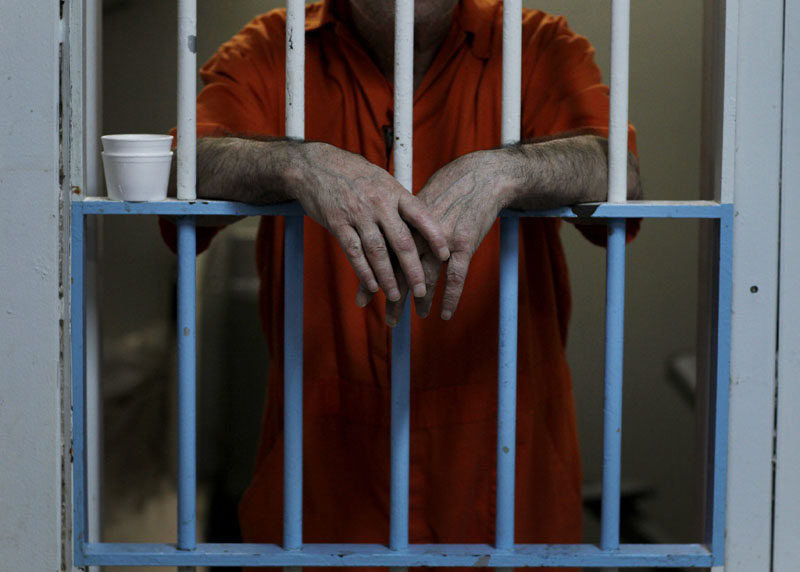A Jamaican man gets a rare chance today to ask a Superior Court in Toronto to look at whether his ongoing immigration detention is justified.

Alvin Brown, a 40 year old who has been a permanent resident of Canada since he was eight, has already spent five years behind bars.
The Canadian government has been trying to deport him since he finished serving time for robbery in 2011, but Jamaica won’t issue him travel documents.
Last year, Ontario’s top court cleared the way for today’s legal challenge when it ruled provincial courts have the jurisdiction to hear such cases.
The Ontario Court of Appeal ruled that while immigration decisions belonged to the federal government, detainees could appeal to the Ontario courts if their detention seemed to be indefinite.
Federal Court normally deals with immigration matters but critics say it provides little oversight of what can amount to indefinite imprisonment.
Last month, detainees went on hunger strike to press for an end to the practice.
READ MORE: Feds to ‘dramatically reduce’ jailing of immigration detainees: Goodale
The Jamaican consulate did not respond to a request for comment.
About two hundred immigration detainees are held in maximum-security conditions in Ontario jails. Some have criminal backgrounds, while others do not.
VIDEO: MacDonald Scott is the immigration consultant for Michael Mvogo, an African man who’s been held in detention in Canada for more than eight years. Authorities say they can’t release Mvogo because they cannot confirm his identity, and no country has agreed to accept him.
The jail space is paid for by the Canada Border Services Agency. Most are held in the Central East Correctional Centre in Lindsay, Ont.
In theory, they are being held before being deported, but if there is an obstacle to being deported, their imprisonment can become indefinite.
The practice has been controversial for years. In June, Public Safety Minister Ralph Goodale said the federal government planned to “dramatically reduce” the jailing of immigration detainees.
“(It) is entirely inappropriate to mingle people who are having an immigration or refugee issue with people who have been convicted of criminal offences,” he said.
Michael Mvogo, a man from Cameroon who was ordered deported after being convicted on drug charges, spent almost ten years in Lindsay before his identity could be established.

Comments